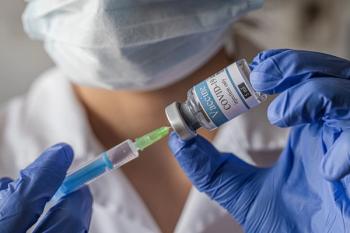
Health Canada approves Eyelea for DME treatment
Health Canada recently approved Eylea (aflibercept, Regeneron) for the treatment of diabetic macular edema (DME).
Mississauga, Canada-Health Canada recently approved
Eylea is also approved in Canada for the treatment of visual impairment due to macular edema secondary to
The drug is also approved in the United States for all three indications.
The Health Canada approval of Eylea for the treatment of DME is based on the results of two Phase III clinical studies
The recommended dose for Eylea for the treatment of DME in Canada is 2 mg aflibercept administered by intravitreal injection once every four weeks for the first five consecutive doses, followed by one injection every eight weeks.
The Health Canada approval of Eylea for the treatment of visual impairment due to
The most common adverse reactions were conjunctival haemorrhage, intraocular pressure increased, eye pain, vitreous detachment and vitreous floaters.
The recommended dose for Eylea for the treatment of macular edema secondary to CRVO is 2 mg Eylea administered by intravitreal injection once every month. The interval between two doses should not be shorter than one month. The treatment interval may be extended up to three months based on visual and anatomic outcomes. Prescribers are advised to periodically assess the need for continued therapy.
Newsletter
Want more insights like this? Subscribe to Optometry Times and get clinical pearls and practice tips delivered straight to your inbox.




























